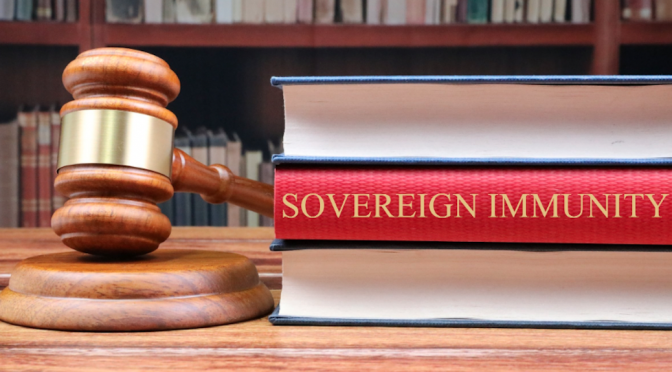By Sadev Parikh Eric Ravenscraft’s Wired article shows us the difficulty of defining the “metaverse,” which may be better understood through the lens of Wittgenstein’s idea of family resemblances than through any attempt at clear-cut definition. Metaverse can be seen as a concept made up of family resemblances that include elements of virtual reality, augmented… Continue reading A Multiverse of Metaverses
Category: Cybersecurity
“I have found Vol. 4:1 of the Journal of National Security Law & Policy, the Cybersecurity Symposium, to be an invaluable resource. I use many of these articles in my research and clinic preparation, and am glad to have a bound, hard copy that I can grab from my shelf and mark up as I like.” -Eric J. Lobsinger, Teaching Fellow, Georgetown University Law Center
Social Media—A Tool for Terror?
The prevalence of terrorist organizations using social media generates a host of new challenges for online platforms, policymakers, and governments. Specifically, the global, highly accessible, and fast-evolving nature of social media provides a particularly lucrative platform for terrorist organizations to promote their ideologies. While there is a growing demand for responsible and accountable online governance,… Continue reading Social Media—A Tool for Terror?
Bubbles Over Barriers: Amending the Foreign Sovereign Immunities Act for Cyber Accountability
More and more often, the Foreign Sovereign Immunities Act (FSIA) has protected cyberattack-conducting state actors and their cybersecurity contractors from legal liability and suits brought by victims seeking redress in US courts. Adam Silow argues that it is time for foreign sovereign immunity to receive an update for the digital era. State-sponsored cyberattacks and their… Continue reading Bubbles Over Barriers: Amending the Foreign Sovereign Immunities Act for Cyber Accountability



